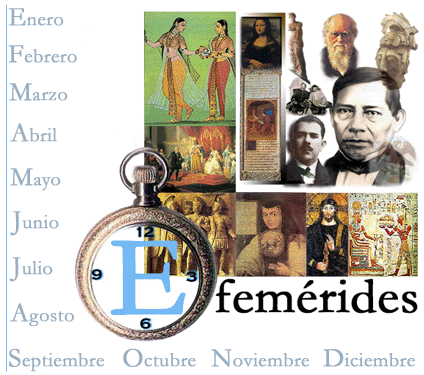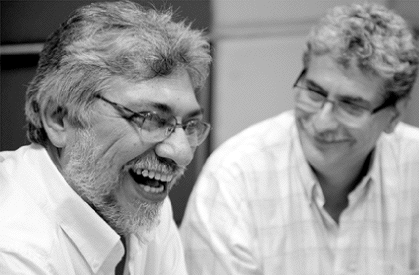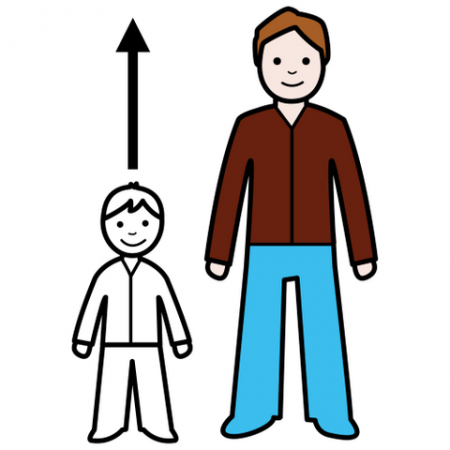 The term andragogy is formed by the Greek word andros, which means man, and by the word gogos, which means to lead or guide, something that reminds us of another similar term, pedagogy (teaching children in Greek). Thus, while pedagogy is a discipline focused on the training of children and young people, andragogy deals with the training of adults.
The term andragogy is formed by the Greek word andros, which means man, and by the word gogos, which means to lead or guide, something that reminds us of another similar term, pedagogy (teaching children in Greek). Thus, while pedagogy is a discipline focused on the training of children and young people, andragogy deals with the training of adults.
The current context of andragogy
The adult learning process must be understood in some specific social situations. In this sense, an adult makes the decision to train and study in different circumstances:
- To obtain a qualification that you have not achieved during your conventional academic stage (an example would be the university entrance exam for those over 25 years of age).
- To overcome some basic training deficiencies (for example, non-literate people).
- To improve their academic training with a professional objective.
- To increase their knowledge for the simple desire to learn.
- To achieve a good adaptation to certain social changes (for example, changes associated with new technologies).
A historical perspective
Already in ancient Greece adults were formed and did so normally in relation to a teacher, who imparted his teachings to his disciples in order to guide them on moral, scientific and humanistic issues. This tradition reached its highest levels in the Pythagorean school, in Plato's Academy and in Aristotle's Lyceum. Each school had its own methodology and orientation but they had something in common: they addressed adults who had an interest in knowledge. Consequently, these types of adult schools have nothing to do with literacy or acquiring a degree with a professional interest.
 Beginning in the 19th century, in some countries adult schools were opened in large cities with the aim of reducing the high rates of illiteracy. Over time, the state administration assumed this responsibility in order to improve the professionalism of workers and so that academic training was related to the professional world.
Beginning in the 19th century, in some countries adult schools were opened in large cities with the aim of reducing the high rates of illiteracy. Over time, the state administration assumed this responsibility in order to improve the professionalism of workers and so that academic training was related to the professional world.
A conclusion about adult education
Pedagogy applied to adults cannot be based on the same criteria as in children and young people. On the other hand, the formation of an adult must be governed by psychological and sociological principles in accordance with the age of the student.
Photos: iStock - hoozone / KatarzynaBialasiewicz









